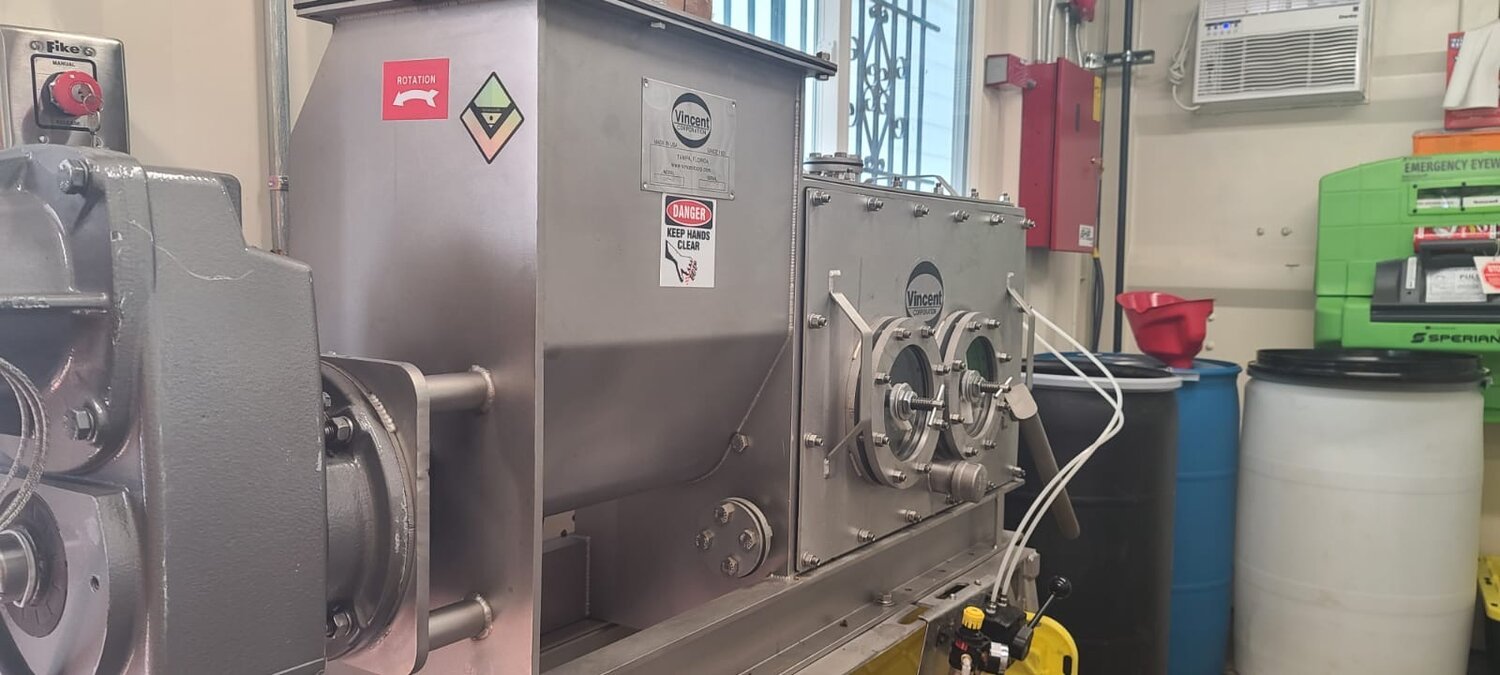
ETHANOL EXTRACTION
This approach has become very common in alkaloid processing due to high efficiency, safe recovery, cost-effectiveness and is a hallmark of green chemistry. Ethanol is essentially ethyl-alcohol or grain alcohol in denatured or food-grade form depending on the product. This polar solvent is strengthened or weakened by heating and chilling with retention time being another key figure in modifying the selectivity of an ethanol extraction. With that, ethanol, at the expense of strength, can be significantly chilled and will act as, effectively, a non-polar solvent, allowing operators to produce high-purity extractions that retain their aromatics provided solvent recovery is done correctly.
How is Ethanol used in extracting?
Ethanol extraction typically consists of soaking or washing a given biomass. Provided temperatures, agitation and timing is correct, ethanol will pull the desired compounds, such as alkaloids, flavonoids & terpenoids from the plant material while, when done correctly, leaving behind unwanted impurities like fats, waxes, fatty acids, plant sugars and so forth. In all processes, the first extraction is considered ‘crude oil.’ However, thanks to the significant selectivity against polar impurities with chilled ethanol extraction, refinement steps like winterization are unnecessary. Instead, the operator is left with a high-purity oil ready for product formulation or distillation and further isolation through crystallization.
Ethanol Solubility
Ethanol is high on the solvation power list, making it rather powerful for botanical extraction. When considering throughput and efficiency, this is ideal. However, the high solubility sacrifices selectivity compared to CO2 and hydrocarbons as an unmodified, extraction solvent. This is why we chill ethanol and, thanks to that, we can avoid winterization. Chilling, particularly to very low temperatures <-40C, sometimes referred to erroneously as “cryogenic,” effectively prevents solubility of polar compounds, generally regarded as impurities. Adjusting temperatures alongside other parameters creates an element of selectivity in an otherwise broad, strong solvent, offering production of some of highest purity and most refined crude oils in the shortest amount of time.
Ethanol Recovery
Apical focuses on efficient extractions in which the least amount of energy is expended and, with that, the least amount of solvent is used. Regardless, solvent recovery is a critical step that is often a chokepoint for throughput and a critical obstacle to producing a high-quality product. Balancing vacuum, temperature, retention time, feed & agitation rates is different when producing buk intermediaries for isolation versus artisanal, shelf products.
Manufacturers we trust
Apical has its own line of ethanol extraction technology. For more information on Apical extraction technology, please click the link below.
